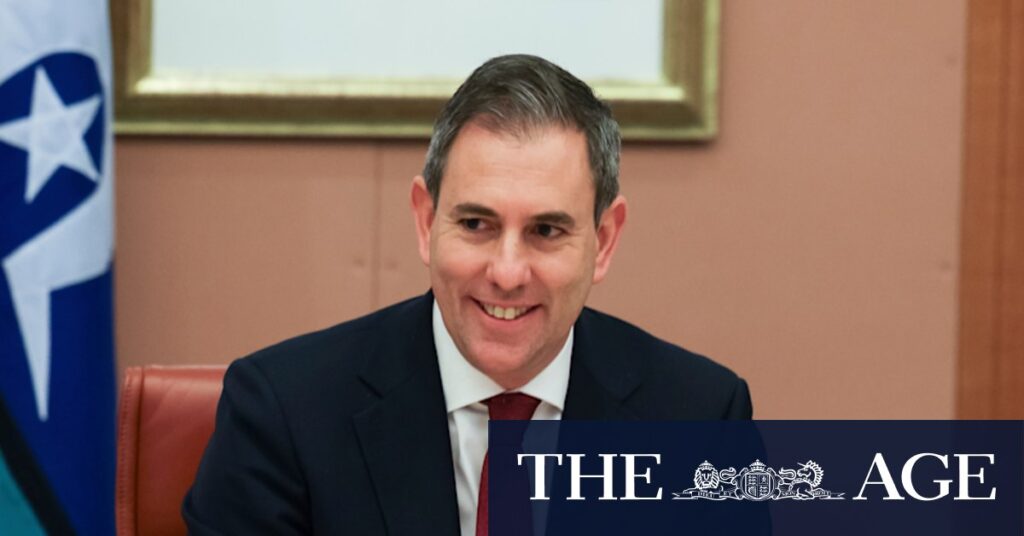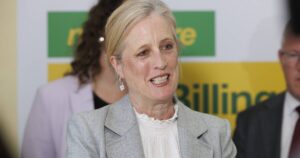
In a heated exchange behind closed doors, Treasurer Jim Chalmers and opposition figure Michael O’Brien clashed over the government’s fiscal strategies, highlighting deep divisions on economic policy. The confrontation, which took place during a high-stakes roundtable discussion, underscores the growing tension as Australia grapples with its financial future.
Chalmers’ office is currently drafting a statement of intent aimed at securing union and business support for key policies. However, skepticism remains among some attendees about reaching a consensus. Following the argument, O’Brien addressed the media outside the cabinet room, refraining from detailing the disagreement but emphasizing, “I set a test today for the treasurer to stop the spending spree.”
Fiscal Policy Under Scrutiny
The Labor government has faced criticism from both former Reserve Bank governor Philip Lowe and the Coalition regarding its spending record, despite achieving two surpluses in its first term. Projections indicate deficits persisting into the next decade, driven by increased spending on defense, aged care, and the National Disability Insurance Scheme (NDIS). In response, Labor announced changes to the NDIS on Wednesday, aiming to curb expenditure.
Historically, the Coalition, under the Abbott and Turnbull administrations, adhered to a “medium-term fiscal strategy” that included capping tax collections at 23.9% of GDP and striving for budget surpluses of at least 1% of GDP. However, this fiscal discipline was relaxed during the Morrison government, which dropped the surplus target amid the pandemic.
Tax System Inequality
Grattan Institute CEO Aruna Sathanapally, speaking at the roundtable, criticized the current tax system as dysfunctional and particularly disadvantageous to young Australians. She highlighted that retirees could pay significantly less tax on the same income as working households due to favorable tax treatment of superannuation.
“The solutions are legislative, and the power sits with the federal government,” Sathanapally stated, stressing the political challenges in addressing tax inequities.
She pointed to the 50% concession on capital gains as a major contributor to housing price surges, arguing for a reevaluation of such policies to prevent an increasing tax burden on working individuals.
Calls for Legislative Action
Sathanapally warned that without reform, the tax system would continue to disproportionately affect working Australians. “If we do nothing, our default fiscal repair strategy is to increasingly rely on taxes on employment,” she cautioned, highlighting the inequity in the current system.
Meanwhile, ACTU Secretary Sally McManus announced an agreement with the Tech Council of Australia to develop a model for compensating content creators, reflecting broader discussions on economic equity and innovation.
Looking Ahead
The clash between Chalmers and O’Brien comes at a critical juncture for Australia’s economic policy, as the government seeks to balance fiscal responsibility with necessary social spending. The outcome of these debates will likely shape the nation’s economic landscape for years to come, with potential reforms to the tax system and spending priorities on the horizon.
As the government navigates these challenges, stakeholders across sectors will be watching closely, anticipating how policy shifts might impact both the economy and everyday Australians.







